By Dr Aviva Weisbord, Executive Director, SHEMESH
If COVID-19 Disappeared: Impact on our Children’s Emotional Health
What would happen if suddenly, tomorrow, COVID-19 would disappear? We wake up to find our air germ-free and no vaccine needed. Life as we once knew it resumes.
Or does it? I imagine people slowly emerging from their places of shelter after a hurricane. They can see trees that crashed through homes and homes that remain undamaged; cars submerged in water, while some are in perfect condition.
That’s how I picture a post-coronavirus world: Nothing quite the same, some damage to assess and some miracles to be grateful for.
Let’s check out the children first, since they are always our main concern. We find a level of anxiety permeating their emotional world.
Family dynamics are different now: For children in stable homes, life has come to mean being with parents 24/7, bonding with siblings and having more of their parents’ time and attention. For some children, unfortunately, the inability to escape family dysfunction has taken a serious toll on their mental health.
So, the hurricane may be over, at least in my fantasy, but we have to think about how to mitigate the short- and long-term effects.
Almost all children have experienced social isolation, where the usual play and shared personal discussions have virtually disappeared. We begin to grasp the suffering of the children’s development, the absence of lessons in sportsmanship, sharing, opportunities for compassion and offering support.
Has this absence left a permanent hole? As with everything else related to COVID, we simply don’t know.
This same lack of knowledge extends to the educational realm of our children’s lives. For some, it was a Heavenly gift to be on Zoom for two hours in the morning and then maybe another two hours in the afternoon. The children who find it impossible to sit at a desk for six-plus hours a day were delighted – IF they could manage to focus on the Zoom instruction.
Certainly, all the children were missing the personal connection to their teacher, the welcoming smile, the encouraging look: none of these came across the Zoom screen.
Using Zoom for instruction took more preparation and more energy. Teachers couldn’t allow for the usual and important classroom give and take, because a focus on one child usually meant losing the rest of the class.
And how about the education process itself? Initial studies indicate that the children simply did not accomplish as much as they would have in a structured classroom environment. As did their teachers!
Some teachers are leaving their positions, unwilling to spend another six months or more on Zoom. They feel they cannot maintain the natural connection that they usually develop with their students, especially the children who need the extra bit of attention and support.
At the same time, they found out that it feels really good to be home with their children. We may lose a percentage of our most valuable educational assets: Our hardworking, expert teachers.
Parents have discovered how difficult it is to be a teacher and how each and every day, teachers work miracles with the school children. Now that they’ve spent months supervising the children and being a part of the school day, parents have new-found respect and appreciation for the creativity, preparation and concentration that go into each hour of teaching in order to help children develop intellectually, emotionally and socially.
When we consider that the LOWEST annual salary a major league baseball player earns is $563,500 (top is around $30 million), we realize how society’s priorities are truly topsy-turvy!
Parents themselves have been living with anxiety for these past months that are not related to health issues only. They have to make decisions for themselves and their family when information changes daily, sometimes even two or three times on the same day.
They don’t know what’s best for their children: Let them play with a neighbor child for social reasons, or is that too risky? Send the children back to school, or is THAT too risky? And try as they might to prevent this, their children sense the uncertainty.
Keep to family routines as much as possible and create some new family rituals for bedtime or Shabbat.
So, the hurricane may be over, at least in my fantasy, but we have to think about how to mitigate the short- and long-term effects.
The most important thing we adults can do, for ourselves and our children, is communicate, putting the reality of our anxiety and uncertainty on the table and confronting it. We can acknowledge that life is confusing right now and then explain what is happening, making sure to add: We will handle this together. We can remind ourselves and our family that Hashem is always with us, even when it feels as if He is far away. He understands our feelings and feels our pain; He wants us to reach out to Him and let Him help us and comfort us.
We can use these times to update our relationship skills. Online and telephone classes have proliferated during these times, and they’ve eliminated the need to leave home, find a babysitter and search for a parking space.
Take a one-hour webinar on communication or a six-session series on understanding your child. Keep to family routines as much as possible and create some new family rituals for bedtime or Shabbat.
The hurricane will pass; the effects will be assessed. We will use all our skills to stay resilient, keep connected to each other, and know that we can handle whatever comes our way!
Subscribe to our newsletter
The Associated is a home for everyone in the Baltimore Jewish community. We offer several email lists to help people find a community, engage with their peers and support Jewish journeys around the world.
Join Our Mailing ListAdd Impact to Your Inbox
Sign up for our newsletter
Subscribe to our newsletter
The Associated is a home for everyone in the Baltimore Jewish community. We offer several email lists to help people find a community, engage with their peers and support Jewish journeys around the world.
Join Our Mailing List
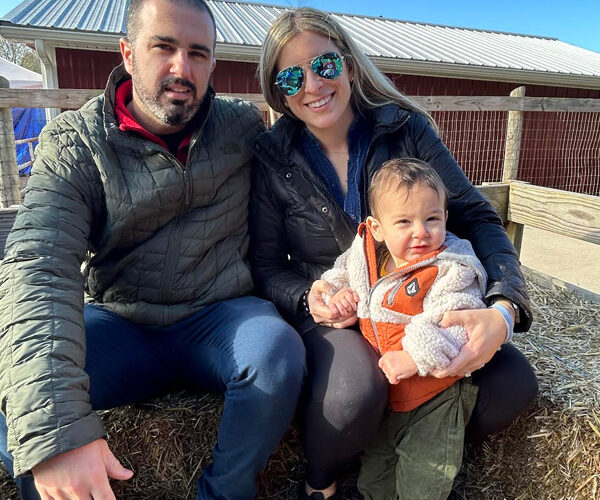
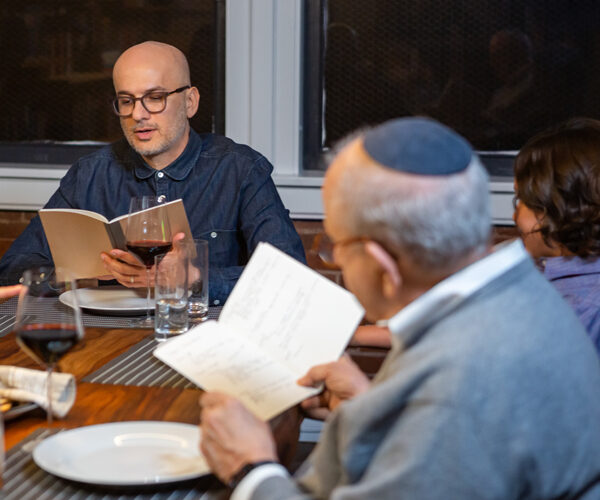
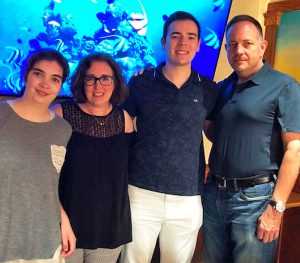
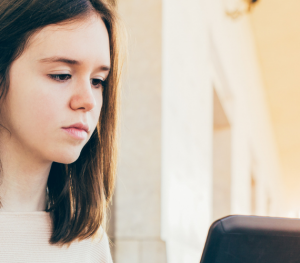



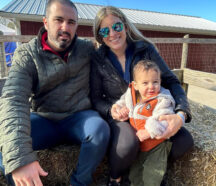

 Please Wait while we loading your video.
Please Wait while we loading your video.